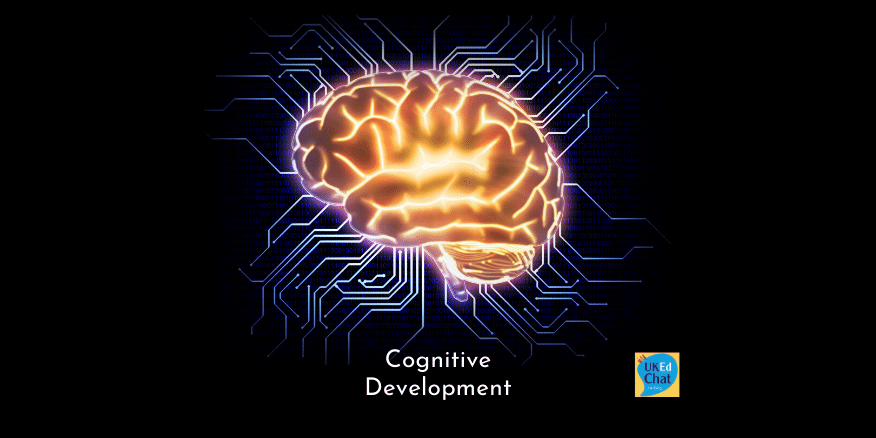Ph.D. in Cognition and Development: Introduction, Admission, Registration, Eligibility, Duration, Fees, Syllabus 2024

Introduction:
A Ph.D. in Cognition and Development is an advanced degree that explores how human cognition develops across a lifespan, including how people learn, think, and solve problems. This interdisciplinary program draws on psychology, neuroscience, education, and more, making it ideal for those interested in the mechanisms driving cognitive processes and developmental stages. This post will detail the key aspects such as admissions, eligibility, duration, career opportunities, curriculum, internships, and financial support for prospective students.
Admission Process:
- Application Submission: Candidates must submit a detailed application, which typically includes academic transcripts, a statement of purpose, and CV.
- Letters of Recommendation: Applicants need strong recommendations from academic advisors or professionals in the field.
- Standardized Test Scores: GRE scores are often required, although some programs may waive this requirement based on the candidate’s background or experience.
- Research Proposal: Some programs request a research proposal to understand the applicant’s interests and how they align with the faculty’s expertise.
- Interviews: Top candidates are usually interviewed by faculty members to assess fit both academically and culturally within the department.
Eligibility Criteria:
- Educational Background: A master’s degree in psychology, education, neuroscience, or a related field is typically necessary.
- Research Experience: Prior research experience, particularly in cognitive development or a related area, is highly advantageous.
- Academic Excellence: A strong academic record, generally evidenced by a high GPA in relevant coursework.
- Commitment to the Field: Demonstrated commitment to cognition and developmental studies through professional or academic activities.
- Analytical Skills: Strong analytical and statistical skills to handle complex data and experimental designs.
- English Proficiency: For non-native speakers, proficiency in English, often verified through TOEFL or IELTS scores, is required.
Completion Time:
Completion typically ranges from 4 to 6 years, depending on the student’s research project and academic progress.
Career Opportunities:
- Academic Researcher/Professor: Conduct research and teach at universities and colleges.
- Educational Consultant: Advise educational institutions on curriculum development and learning strategies.
- Cognitive Development Specialist: Work in sectors focusing on child development, learning disabilities, and educational programs.
- Policy Advisor: Use insights from cognitive development research to inform and influence educational policies.
- UX Researcher: Apply understanding of cognitive development to improve software and technology design for educational tools.
Syllabus:
- Foundations of Cognitive Psychology: Core theories and research in cognition.
- Developmental Psychology: How cognitive functions change with age.
- Research Methods in Cognitive Science: Advanced methodologies for studying cognition and development.
- Statistics for Behavioral Sciences: Statistical tools and techniques used in psychological research.
- Neuroscience of Learning: Brain-based mechanisms underlying learning and development.
Internship Opportunities:
- Research Laboratories: Hands-on research in university or private research labs focusing on cognitive and developmental psychology.
- Educational Tech Companies: Internships with companies creating educational software or tools, applying cognitive principles.
- Public Education Institutions: Opportunities to apply developmental theories in real-world educational settings.
- Non-Profit Organizations: Work with NGOs focused on education and development.
- Healthcare Settings: Clinical internships focusing on developmental disorders or cognitive impairments.
Scholarships and Grants:
- University Scholarships: Many institutions offer scholarships specifically for Ph.D. students in the sciences.
- Government Fellowships: Federal and state fellowships to support research in significant areas of cognitive development.
- Private Foundations: Grants from foundations interested in education, psychology, or neuroscience.
- Corporate Sponsorships: Funding from tech companies interested in educational technology and cognitive research.
- International Scholarships: Opportunities available for international students from various governmental and private entities.
FAQ:
What is the focus of a Ph.D. in Cognition and Development?
It focuses on understanding cognitive processes and how they develop from childhood through adulthood.
Can I specialize within this Ph.D. program?
Yes, many programs offer specializations in areas such as language development, educational technology, or cognitive neuroscience.
What is the workload like?
The workload is intensive, with a focus on independent research, coursework, and teaching responsibilities.
Are there collaborative opportunities in the program?
Yes, many programs encourage collaboration across disciplines and institutions.
What support services are available for Ph.D. students?
Universities typically provide mental health services, academic advising, and career counseling.
